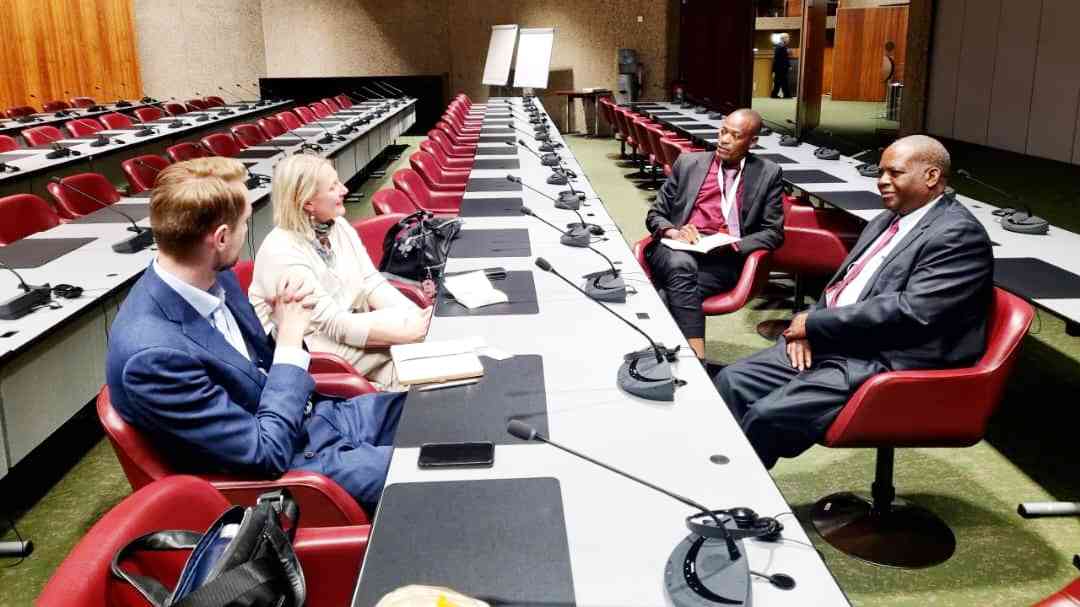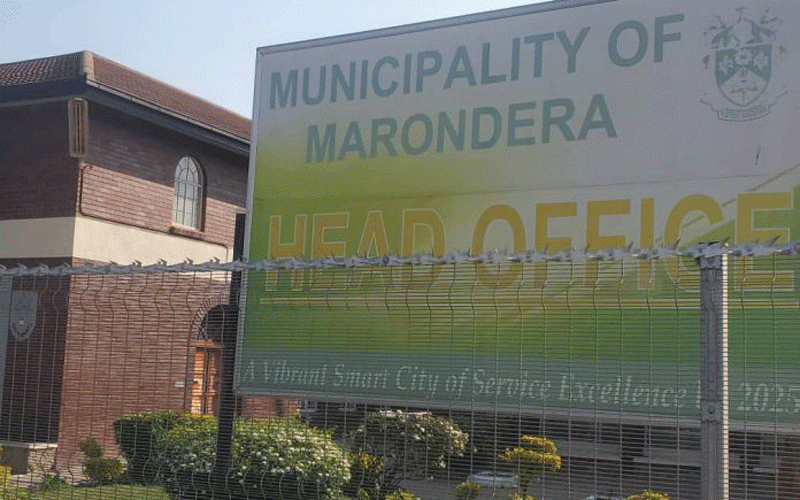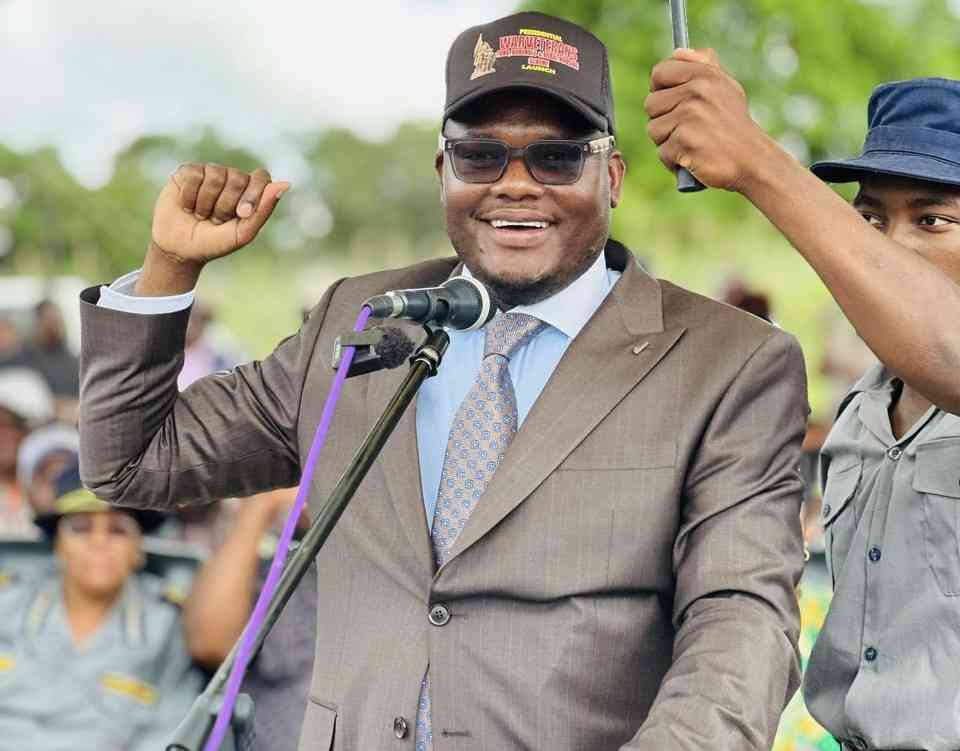
The Zimbabwe Red Cross Society (ZRCS) has been given a thumbs up by the global Red Cross and Red Crescent movement for “walking the talk” in carrying out compliance requirements, a major boost for the organisation's humanitarian mandate.
ZRCS national president Edson Mlambo and Secretary-general Elias Hwenga were part of members drawn from the 191 national Red Cross and Red Crescent societies across the globe who attended the 24th session of the International Federation of Red Cross and Red Crescent Societies (IFRC) general assembly in Geneva, Switzerland last week.
The general assembly is the supreme body of the IFRC that determines its vision and strategy as well as the general policies that govern its operations and that of the national societies.
Issues around policies and tools to guide national societies in their daily humanitarian work were brought to the fore as members gathered to discuss and determine the IFRC’s priorities for the next two years.
As such, the ZRCS, which at some point was grappling with poor governance issues, took advantage of the general assembly to rekindle strategic partnerships with the global humanitarian network.
“The biggest takeaway from the general assembly was that the compliance and mediation committee (CMC) closed our file yesterday, meaning we as the national society we are now compliant, we are no longer on their compliance support and we managed to resolve our issues on our own,” Mlambo said.
“The CMC has been supporting the Zimbabwe Red Cross Society and a number of national societies visited us to do what are known as health checks and they found out that we have resolved our issues and the national society is adhering to the regulatory requirements of the humanitarian movement.”
The CMC is a statutory board that helps the IFRC resolve any breaches of integrity or disagreements involving member national societies or anybody within the federation.
- Minister comes face to face with harsh realities of Muzarabani
- Red Cross honours volunteers
- Believe in the power of kindness
- Minister comes face to face with harsh realities of Muzarabani
Keep Reading
Mlambo said the developments were a major boost for his organisation in the face of a severe food crisis as scores of people across the country were reeling from the devastating impacts of El Niño-induced drought.
Hwenga said passing the compliance was made possible by his organisation’s commitment to integrate strategies and having meaningful engagements.
He said ZRCS had been able to navigate governance challenges effectively, enhancing performance, trust, accountability and stakeholder confidence.
“As an organisation, we wanted help and we opened ourselves up for scrutiny and this involved consultations with stakeholders and consultations with the government and it involved everyone who was affected with support of the IFRC through the CMC,” Hwenga said.
Hwenga said the presence and localisation of the IFRC Zimbabwe, Malawi and Zambia Cluster office in Harare, closer to the national society, played a crucial role in expediting access to support when it was needed.
The ZRCS leadership also expressed their deep appreciation for the continued support received from the movement partners, including the IFRC, International Committee of the Red Cross (ICRC) and partner national societies during their transformation period — a time of growth and increased capacity to respond to emergencies.
Meanwhile, Hwenga said the ZRCS delegation had fruitful engagements on the sidelines of the general assembly where they had meetings with Finnish Red Cross secretary-general Eero Rämö and director - international operations and programmes, Tiina Saarikoski.
“We had excellent discussions on strengthening the longstanding partnership between the two national societies which dates back to 1985,” Hwenga said.
“The meeting also explored partnering in response to the El Nino induced drought, climate smart resilience interventions, humanitarian emergency response mechanisms as well as localisation initiatives.”
Hwenga highlighted the significance of the engagements.
“Our trajectory of re-engaging with our partners has been a critical element of our strategy to strengthen our operational capacity and expand the reach of our humanitarian work,” he said.
“The support we have received from IFRC, ICRC, Finnish Red Cross, British Red Cross and the rest of the movement has been invaluable, and we are excited about the new areas of collaboration we are exploring, especially in climate resilience and emergency response.
“The engagement strategy also seeks to improve relationships with governments, donors, and international organisations, ensuring a more coordinated and effective response to crises in Zimbabwe and the broader southern African region.
“By fostering stronger partnerships, ZRCS aims to not only enhance its ability to respond to emergencies but also contribute to long-term resilience in vulnerable communities.”
He said his organisation remained committed to fostering collaboration with partners old and new, reinforcing its position as a leading humanitarian organisation in the country.
“The discussions held in Geneva underscore the success of ZRCS’s re-engagement strategy and pave the way for future growth and enhanced humanitarian impact,” Hwenga said.
National societies are recognised by their respective governments as auxiliary to the public authorities in the humanitarian field.
In the case of the ZRCS, it was established through an Act of Parliament in 1981 as an auxiliary to the government’s humanitarian interventions.









